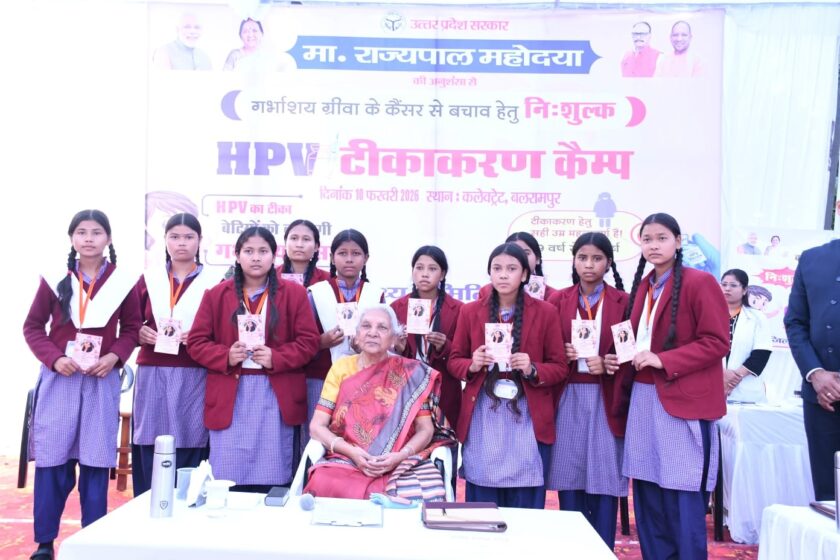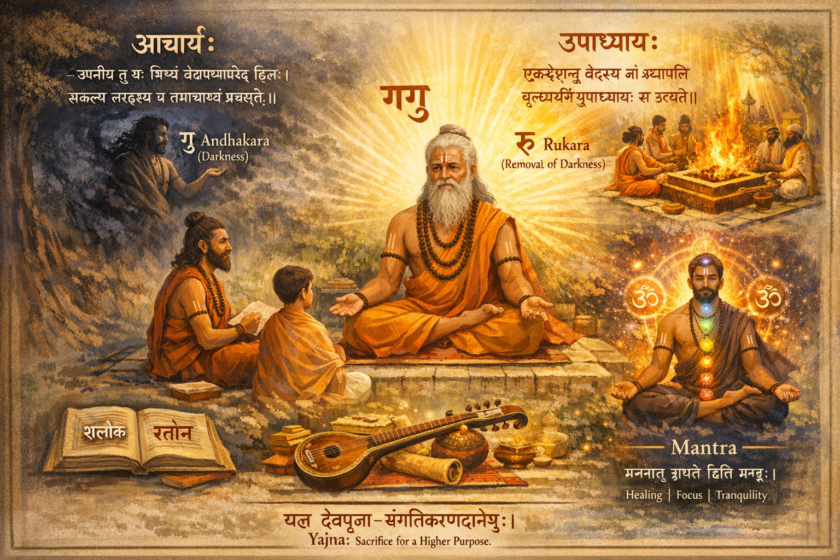Patna: In a democracy, the sanctity of the voter roll is sacrosanct. Yet, what we are witnessing in Bihar through the Standardisation of Information and Registration (SIR) process is a troubling precedent—one that risks systemic disenfranchisement under the guise of data hygiene.
Leaders of the INDIA bloc, including Mallikarjun Kharge, Sonia Gandhi, Rahul Gandhi, Akhilesh Yadav, Derek O’Brien, and Sagarika Ghose, are right to sound the alarm. Their demonstration at the steps of Parliament is not mere political theatre. It reflects genuine apprehension that marginalised communities—migrants, the poor, tribals—may be quietly scrubbed out of the electoral equation.
The Election Commission claims this is an exercise in streamlining. But the lack of transparency, ambiguous timelines, and inadequate safeguards surrounding Aadhaar linkage and voter deletion raise a larger, more dangerous concern: is this the beginning of voter suppression through administrative overreach?
Even more unsettling is the Supreme Court’s refusal to stay the release of the draft rolls, despite the very real fears voiced by multiple parties. While the bench promises a final hearing soon, the damage of prematurely published lists could already be done—especially in a state headed for elections.

SIR cannot become the new standard without public scrutiny, legal clarity, and a cast-iron guarantee that not a single eligible vote is lost in a technical maze.
If democracy is about expanding participation, not trimming it at will, then the INDIA bloc’s protest is a necessary act of resistance. Any process that creates barriers to ballot access must be viewed not as reform, but as regression.
The voter list is not just data. It is democracy’s foundation. And foundations, if tampered with recklessly, can bring the entire house down.










